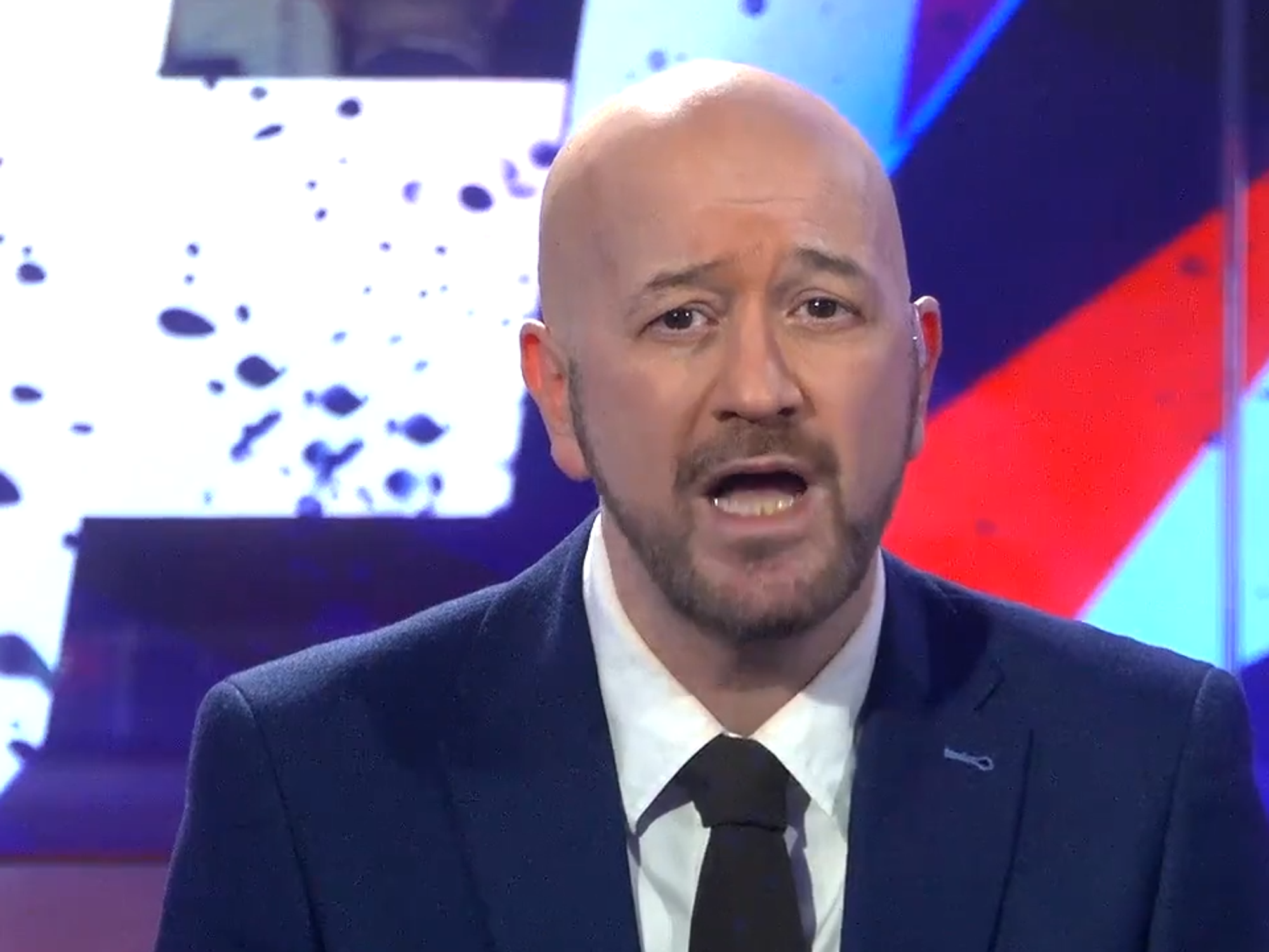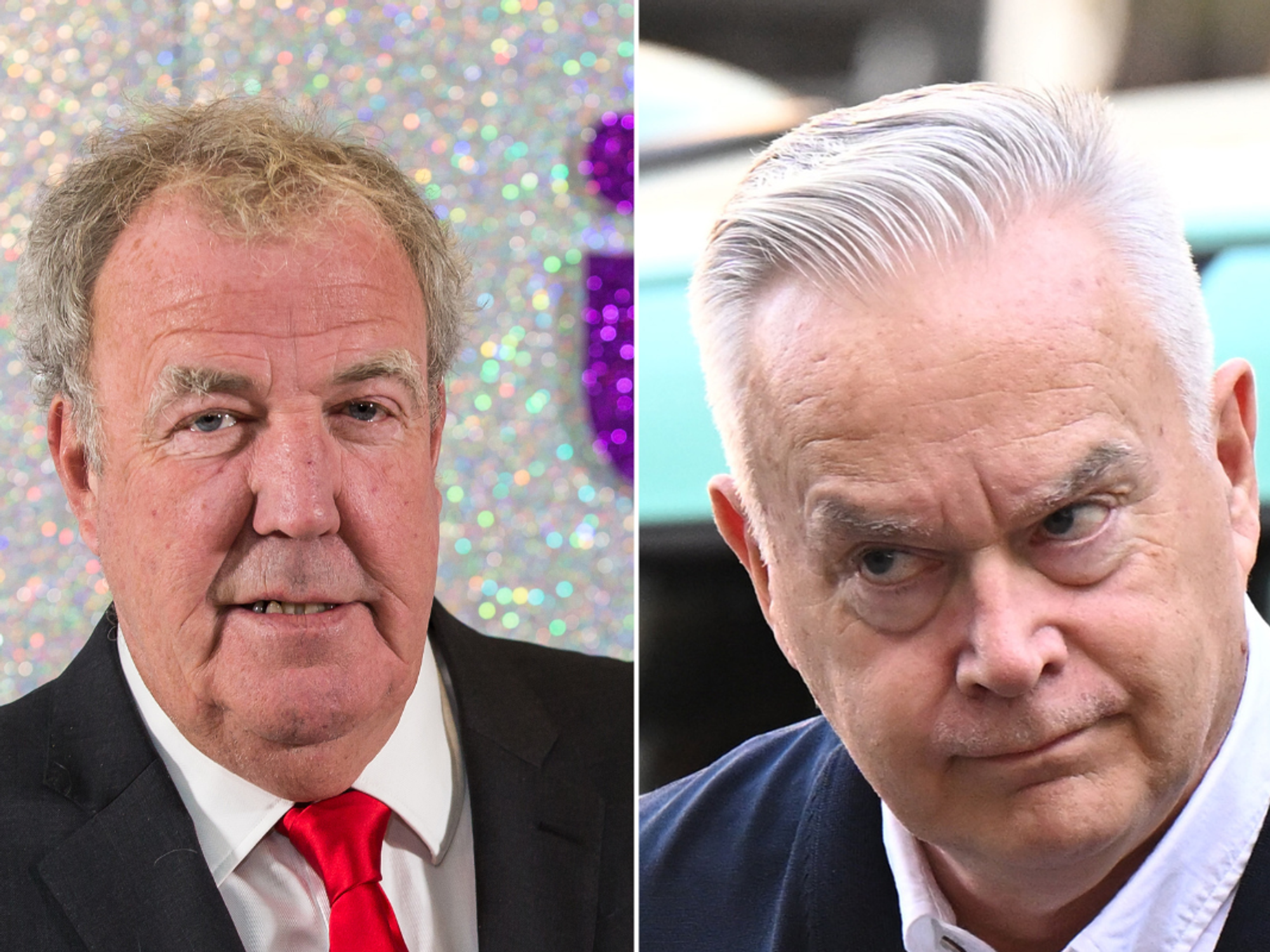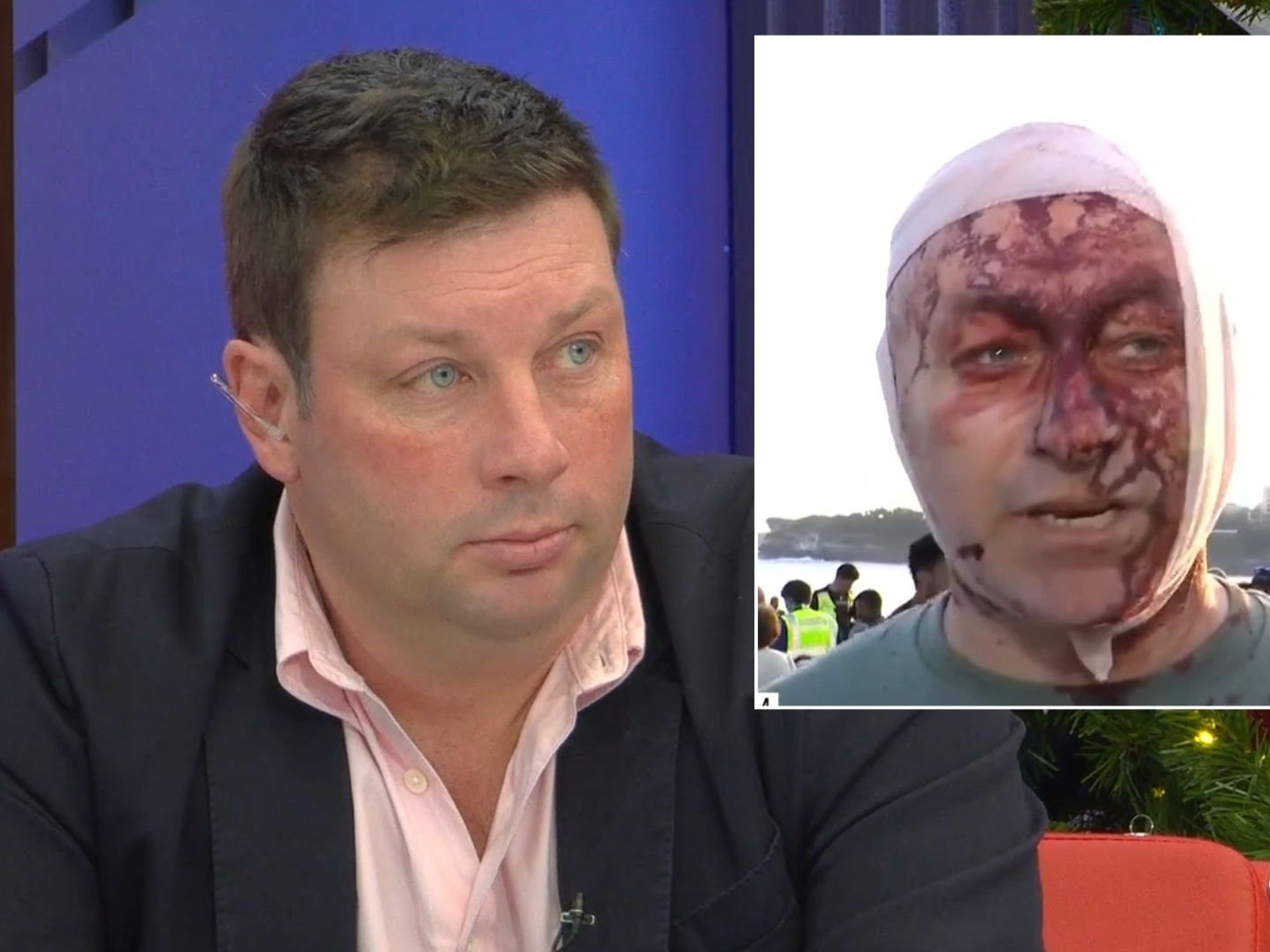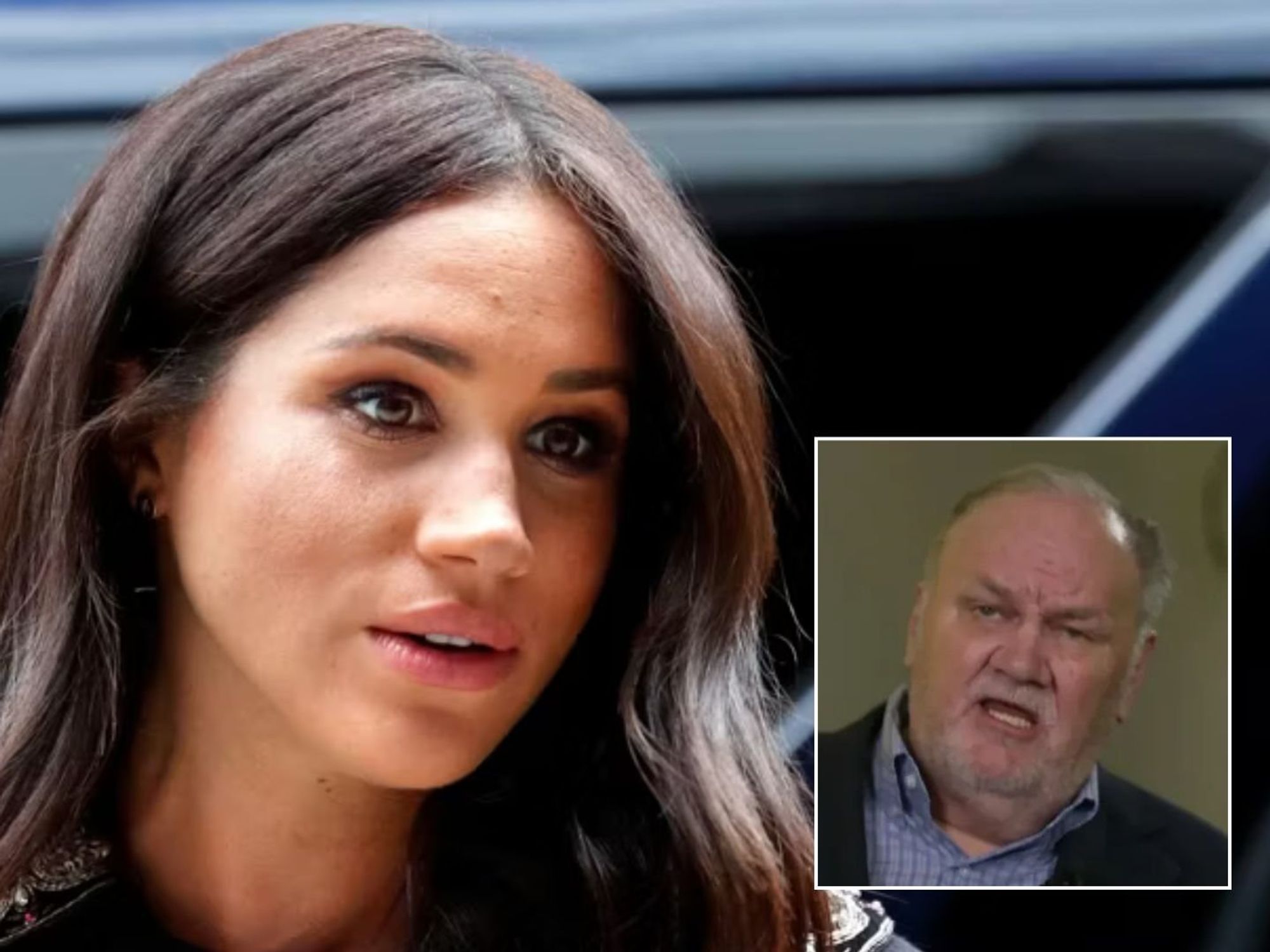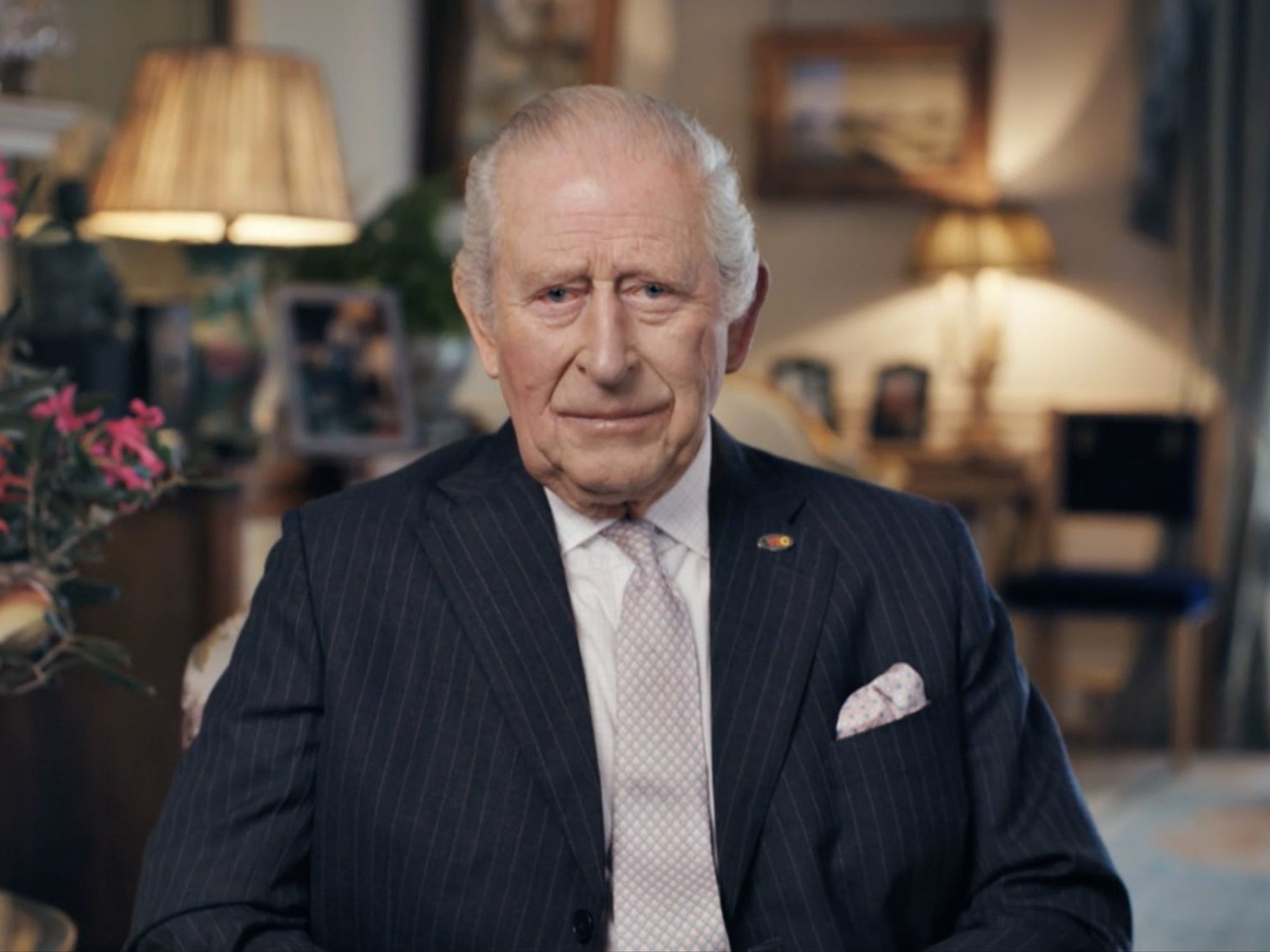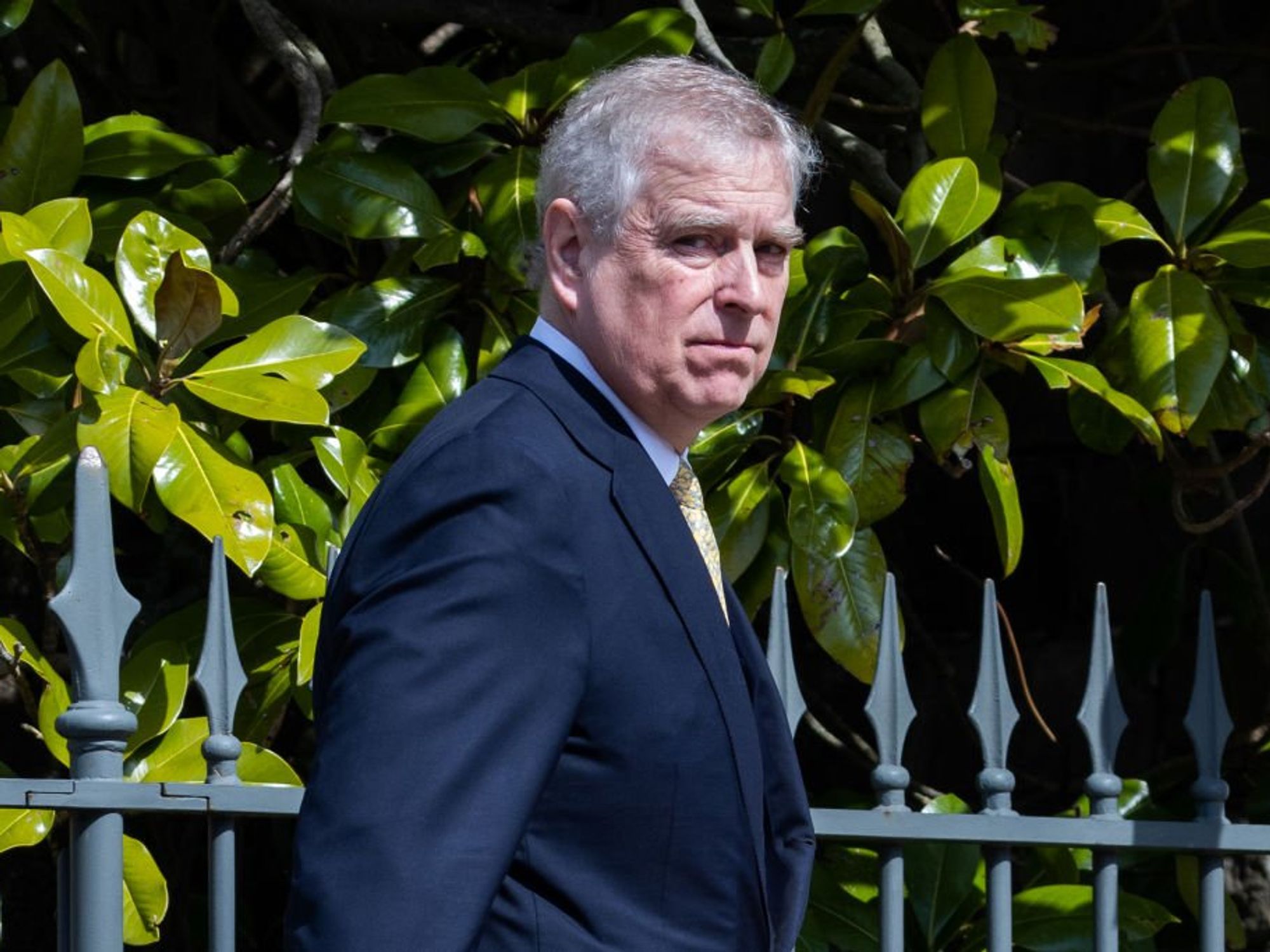King Charles's personal meeting with colonial survivors shows 'progress'
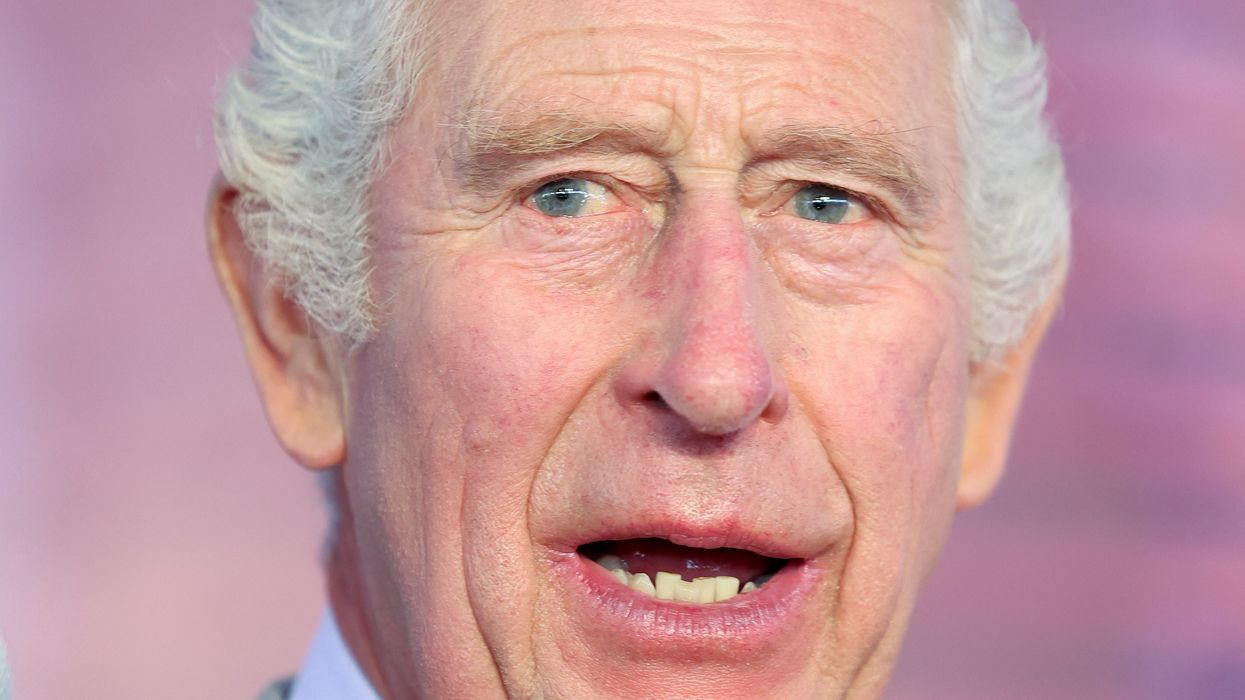
None |
Reuters

A tribal leader's great-grandson met King Charles in Nairobi
Don't Miss
Most Read
Latest
The great-grandson of a Kenyan tribal leader, executed by British rulers in 1905, has said his personal meeting with King Charles shows progress.
King Koitalel Arap Samoei was reportedly tricked into a fake truce meeting, shot at point-blank range, and decapitated by a British ruler - after he led a decade-long rebellion against colonial rule.
Yesterday, the tribal leader's great-grandson, Ambrose Tarus, met King Charles in Nairobi - one of several relatives and survivors present who fought for Kenya's independence, and were tortured, injured or killed by British leaders.
King Charles "listened to accounts of that violence" according to Buckingham Palace, something His Majesty's Deputy Private Secretary, Chris Fitzgerald, had promised.
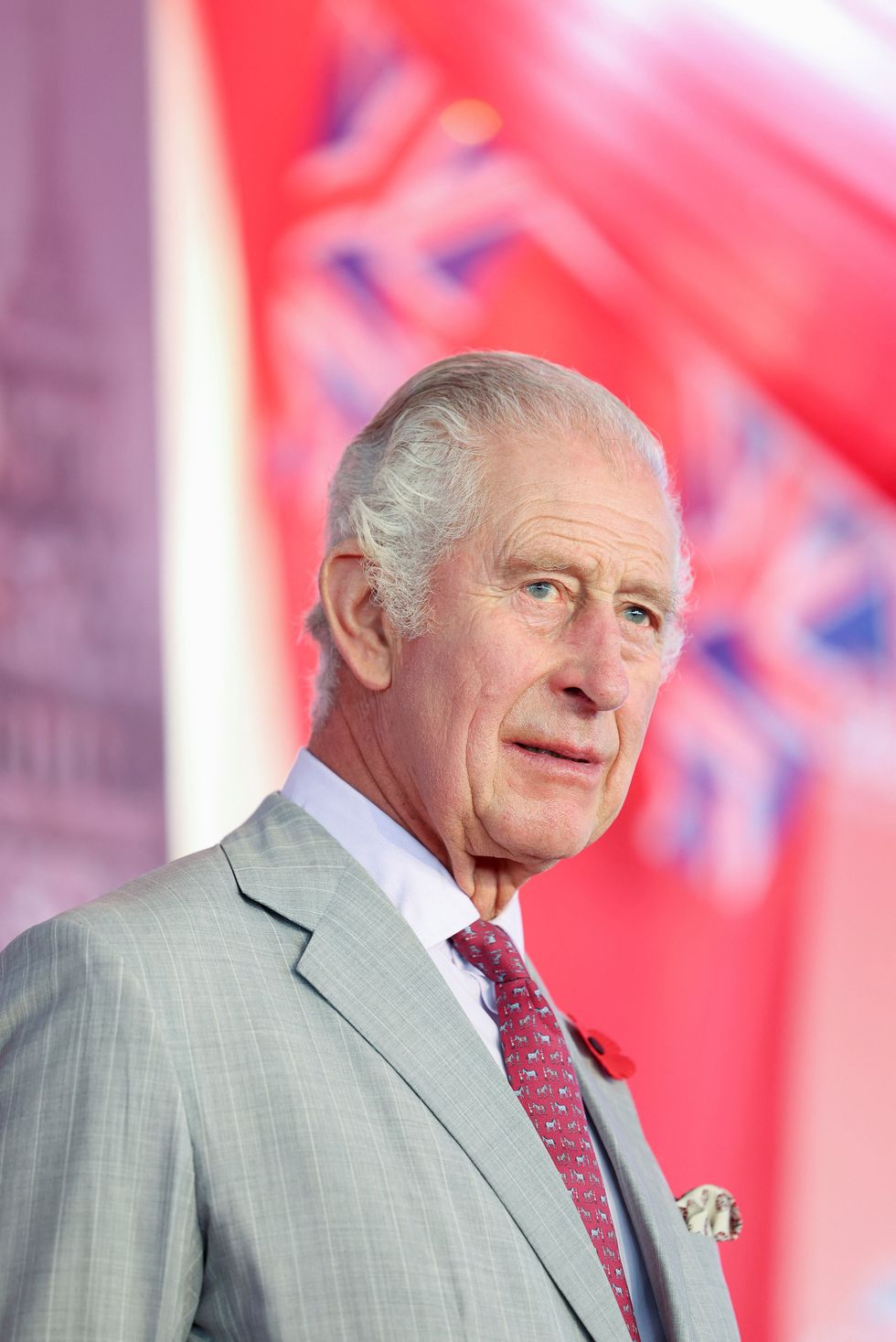 |
| Reuters
Last month, Mr Fitzgerald said: "His Majesty will take time during the visit to deepen his understanding of the wrongs suffered in this period by the people of Kenya."
After Wednesday's historic meeting, Ambrose Tarus told the Reuters news agency: "[King Charles] seems to understand what the problem was, and that's progress for me...and going forward I am hopeful it will bear good fruits."
An estimated 90,000 Kenyans were killed or maimed and a further 160,000 were detained and subject to torture during the Mau Mau uprising from 1952-1960, according to the Kenyan Human Rights Commission.
King Charles spoke of his "deepest regret" for the "unjustifiable acts of violence" during his speech at the State Banquet in Nairobi on Tuesday, but stopped short of a full apology.
It is thought the British Government's position is a modern-day administration is not legally liable for acts committed by colonial governments more than half a century ago.
Government ministers would have to approve a full apology included in any speech delivered by the monarch, it is understood.
A decade ago, the United Kingdom paid out close to £20 million in an out-of-court settlement to more than 5,200 Kenyan survivors and expressed "regret" for the suffering.
Last week, Britain's high commissioner to Kenya, Neil Wigan, told a local radio station that an apology would take the UK into "difficult legal territory".
LATEST ROYAL NEWS:
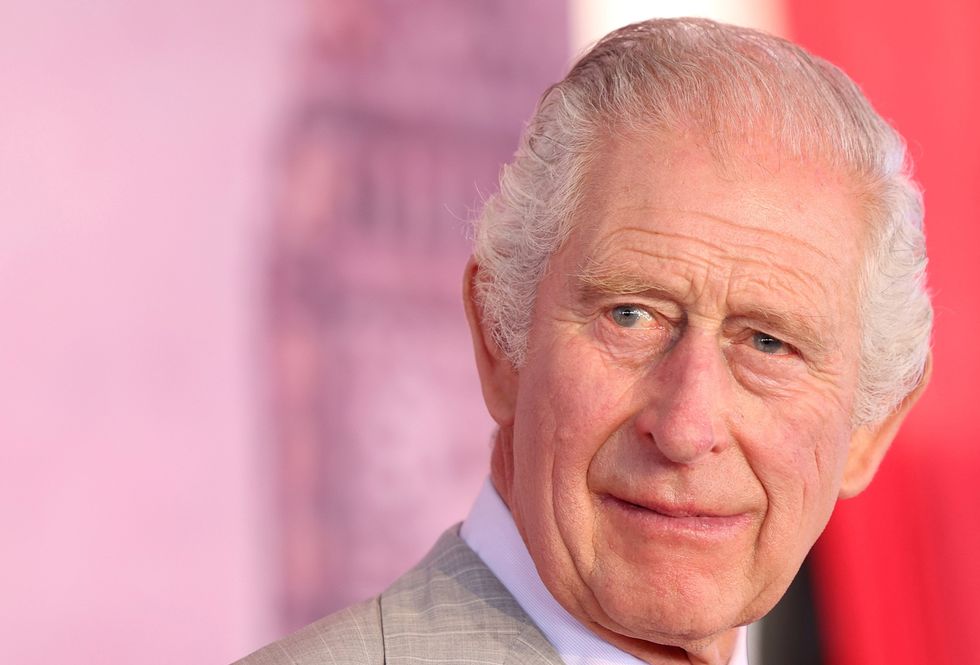 |
| Reuters
But former Mau Mau fighter, Gideon Mungai, said King Charles' "expression of regret, without apologising, means he is still holding back".
Mr Mungai told the Reuters news agency: "What would make me even happier in my old age is the return of the grabbed land."
Kenya's President Ruto praised His Majesty for going beyond the "tentative and equivocal half-measures of the past years", but added much more needs to be done.
King Charles and Queen Camilla are undertaking a four-day State Visit to Kenya, spending time in both Nairobi and Mombasa.





